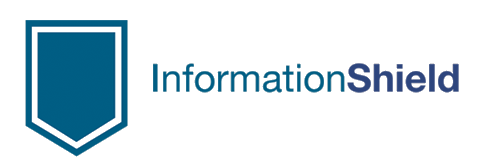Author Archives: David Lineman
New Point-of-Sale Device Security Policy
The piercing lens of information security changes focus quite often. In recent weeks the security vulnerability [...]
How to Structure Information Security Policies
We talk to customers every day about security policies. One of the most common questions [...]
Information Security Policies for PCI-DSS V3
The PCI Security Standards Council just released Version 3.0 of the Payment Card Industry Data [...]
ISO 27002:2013 Change Summary Heatmap
The British Standards Institute (BSI) recently released an updated version of ISO/IEC 27002 – Code [...]
Information Security Policies According to NIST
Five Best Practices from NIST 800-53 In April 2013, NIST made the final updates to [...]
New PolicyShield Update Addresses Operations Management
New information security policy updates address information exchange and online transaction security. HOUSTON, Texas – [...]
Security Policies Key to HIPAA BA Compliance
In January the Department of Health and Human Services (HHS) released the much-awaited final updates [...]

